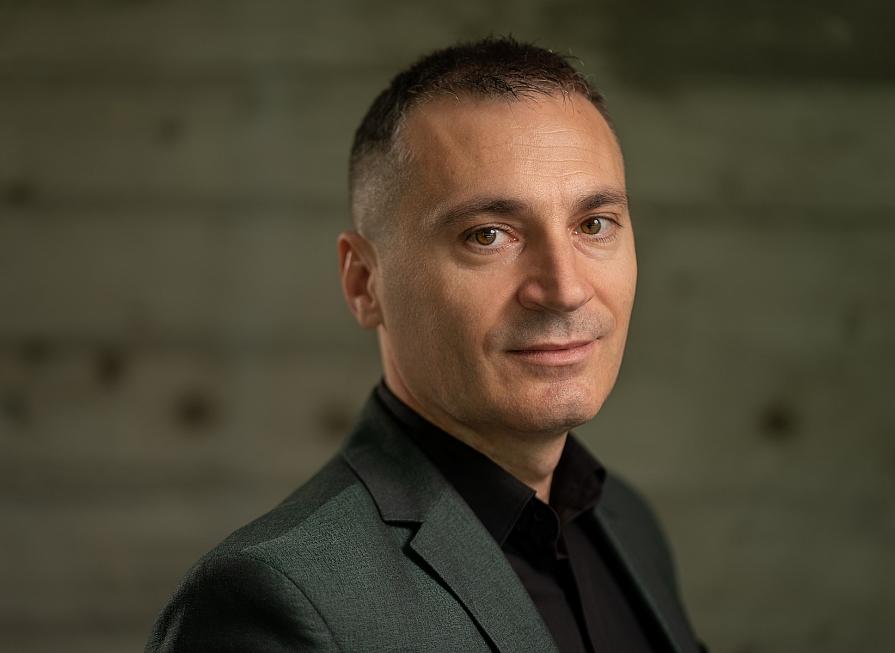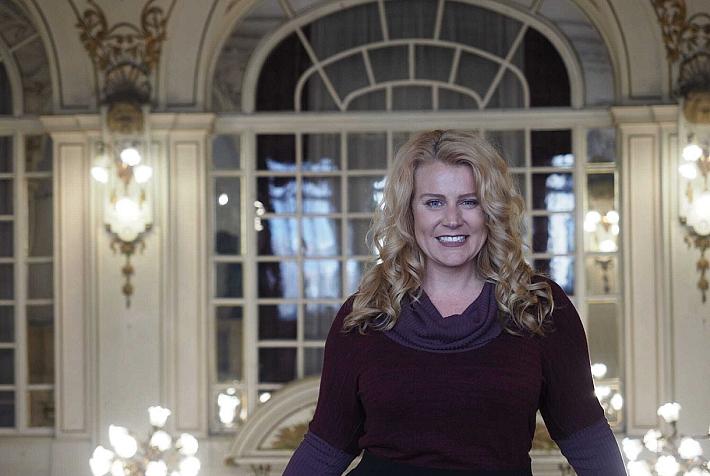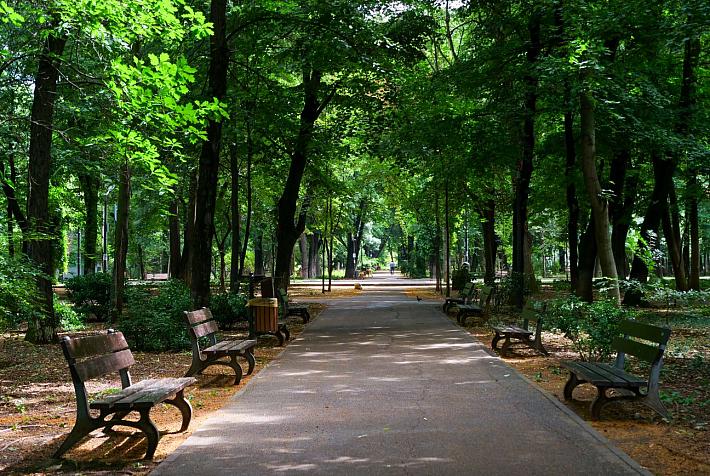Janna Damigeana is a household name in the vibrant Romanian city of Cluj-Napoca by now. She left the United States and...
(Emergency Ordinance no. 117 / 2010, published in the Official Gazette no. 891 / 30 December 2010)
The Emergency...
Romania has often been labeled as one of history’s greatest survivors. A past of invasions and occupations, Romania has recently undergone dynamic social and economic changes and joined the EU in 2007. While the country attempts to leave behind its communist past, present day attitudes and traditions still reflect this part of its turbulent history. Modest attitudes and behaviors coupled with Orthodox Christian beliefs reflect their simple-minded and down-to-earth mentality that has been shaped by years of hardship.
In the previous article we discussed the challenges that the leader of the team of engineers– a Colombian woman- had to go through. The mixture of cultures made this unique experience a bit spicy – five British and four Indian specialists were not mixing well, in fact the results of the projects showed that there was no team established at all. Now let's see how would things look like if the leader of the team were a Romanian woman. Feel free to add you insights on the situation by e-mailing irina-budrina@hotmail.com.
Different nationalities working together, different cultures mixing in the working place could lead to a tough combination, especially for the leader of the team. We have received the following story from one of our readers. It involves British, Indian and Colombian colleagues. What do you think would have happened if any of these people in the story were replaced with Romanians?
Profits tax computation and declaration for the 2010 tax year
In respect of the profits tax computation...
Romania-Insider.com starts a series of articles on intercultural communication, focusing on practical aspects that will help you deal with your Romanian business partners as well as with partners in the Eastern Europen region, while bridging the cultural differences between them. Read the introductory article of this series below and feel free to send us your ideas or examples of actual situations where more knowledge on intercultural communication would have come in handy.
From the small market of Tirana, in Albania, Romania was an upgrade for Gianluca Carlesso. The first time he came to Romania in 2007, Carlesso was leading law firm Tonucci and Partners' office in Albania and was in Bucharest for a meeting with a client. He went on to join the Bucharest subsidiary of the firm, continuing his international quest.
When Danish Ulrik Rasmussen first came to Romania 15 years ago, on a backpacking tour of the region, he knew he wanted to return and live here. Six years later, he did that. In the past, he had been playing football, studying and working in Belgium for the European Parliament. He is now a well known head hunter in Romania, partner with executive search firm Pedersen & Partners. The 15-year path was quite filled with changes.
Laurent Piveteau is a true representative of the group of young French people doing business in Romania. He speaks fluent Romanian and has started his own business in Romania, soon after setting up his residence here. Together with a couple of partners, Laurent started Franco-Jobs.com, a human resources website dedicated to the French community in Romania, and is already working on expanding the project... to France.
It's a rainy, beginning of autumn day in Bucharest and I'm heading to Kathrin Weident's photo studio to watch her take pictures. Not the best day to be outdoors but a good one to watch creativity at work. I had met Kathrin for an interview during the summer. Her story unfolded slowly as we talked: she had moved from Germany to Romania and pursued her dream to set up her own photography studio here.
(Emergency Ordinance no. 117 / 2010, published in the Official Gazette no. 891 / 30 December 2010)
The Emergency...
Romania has often been labeled as one of history’s greatest survivors. A past of invasions and occupations, Romania has recently undergone dynamic social and economic changes and joined the EU in 2007. While the country attempts to leave behind its communist past, present day attitudes and traditions still reflect this part of its turbulent history. Modest attitudes and behaviors coupled with Orthodox Christian beliefs reflect their simple-minded and down-to-earth mentality that has been shaped by years of hardship.
In the previous article we discussed the challenges that the leader of the team of engineers– a Colombian woman- had to go through. The mixture of cultures made this unique experience a bit spicy – five British and four Indian specialists were not mixing well, in fact the results of the projects showed that there was no team established at all. Now let's see how would things look like if the leader of the team were a Romanian woman. Feel free to add you insights on the situation by e-mailing irina-budrina@hotmail.com.
Different nationalities working together, different cultures mixing in the working place could lead to a tough combination, especially for the leader of the team. We have received the following story from one of our readers. It involves British, Indian and Colombian colleagues. What do you think would have happened if any of these people in the story were replaced with Romanians?
Profits tax computation and declaration for the 2010 tax year
In respect of the profits tax computation...
Romania-Insider.com starts a series of articles on intercultural communication, focusing on practical aspects that will help you deal with your Romanian business partners as well as with partners in the Eastern Europen region, while bridging the cultural differences between them. Read the introductory article of this series below and feel free to send us your ideas or examples of actual situations where more knowledge on intercultural communication would have come in handy.
From the small market of Tirana, in Albania, Romania was an upgrade for Gianluca Carlesso. The first time he came to Romania in 2007, Carlesso was leading law firm Tonucci and Partners' office in Albania and was in Bucharest for a meeting with a client. He went on to join the Bucharest subsidiary of the firm, continuing his international quest.
When Danish Ulrik Rasmussen first came to Romania 15 years ago, on a backpacking tour of the region, he knew he wanted to return and live here. Six years later, he did that. In the past, he had been playing football, studying and working in Belgium for the European Parliament. He is now a well known head hunter in Romania, partner with executive search firm Pedersen & Partners. The 15-year path was quite filled with changes.
Laurent Piveteau is a true representative of the group of young French people doing business in Romania. He speaks fluent Romanian and has started his own business in Romania, soon after setting up his residence here. Together with a couple of partners, Laurent started Franco-Jobs.com, a human resources website dedicated to the French community in Romania, and is already working on expanding the project... to France.
It's a rainy, beginning of autumn day in Bucharest and I'm heading to Kathrin Weident's photo studio to watch her take pictures. Not the best day to be outdoors but a good one to watch creativity at work. I had met Kathrin for an interview during the summer. Her story unfolded slowly as we talked: she had moved from Germany to Romania and pursued her dream to set up her own photography studio here.














